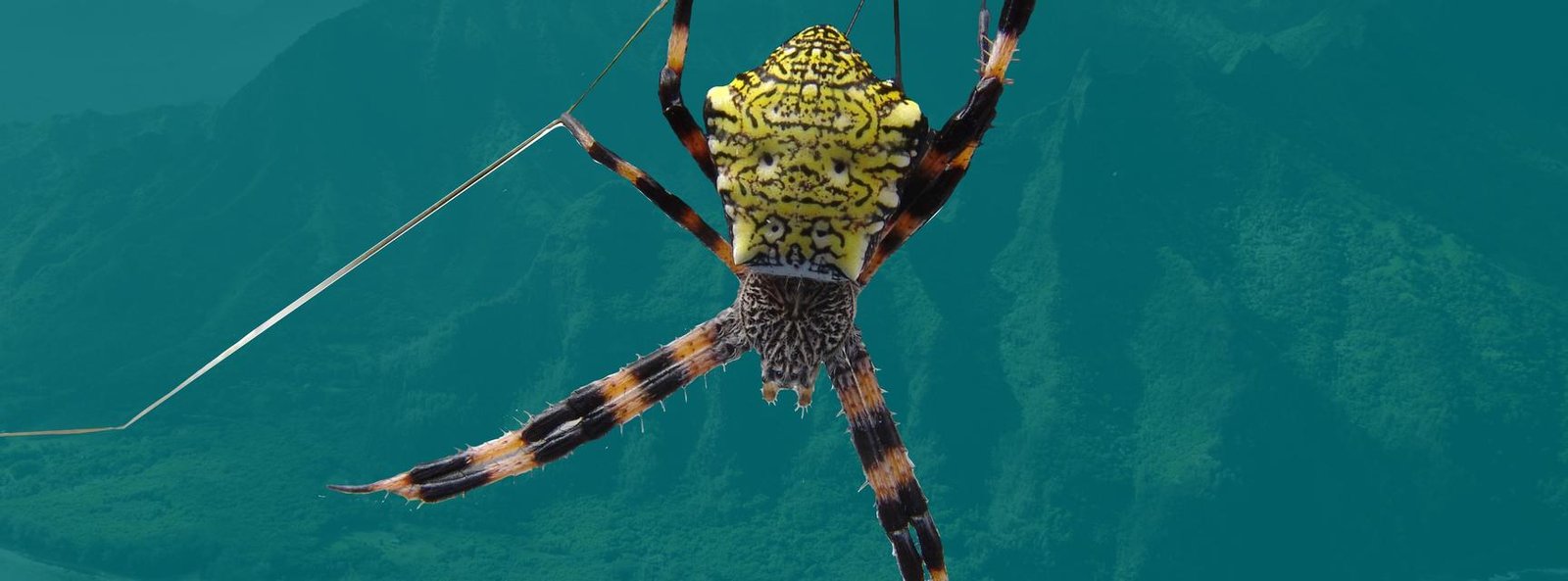Event Description
Remote islands such as Hawaii often give rise to unique and novel species and spiders are amongst the most diverse. Hear from Professor Rosemary Gillespie how they travel, some of the unique features they have evolved, and what the future holds. Professor Rosemary Gillespie discusses spiders and the attributes that make them successful in colonizing remote islands with particular reference to the spiders of the Hawaiian Islands, and other islands of Polynesia, and the history of entomological and arachnological research there. Rosemary's work has been aimed at understanding spider biodiversity in the islands, including: how the few successful lineages managed to disperse across the vast expanses of ocean subsequent episodes of adaptive radiation that include unique and spectacular attributes current issues of invasion and habitat loss that affect much of the biota what the future holds Part of the Oxford University Entomology Society series of lectures. About the Speaker Rosemary Gillespie is an evolutionary biologist and professor of Environmental Science, Policy & Management, Division of Insect Biology at the University of California, Berkeley. She was the President of the American Genetics Association in 2018 and was previously President of the International Biogeography Society 2013–2015. From 2011 to 2013 she had served at the president of the American Arachnological Society. As of 2020 she is the faculty director of the Essig Museum of Entomology and a Professor and Schlinger Chair in systematic entomology at the University of California, Berkeley. Rosemary is known for her work on the evolution of communities on hotspot archipelagos. She is currently Visiting Senior Research Fellow in Evolutionary Biology and Biodiversity at Jesus College, Oxford.

 The Spiders of Hawaii and other Remote Islands
The Spiders of Hawaii and other Remote Islands